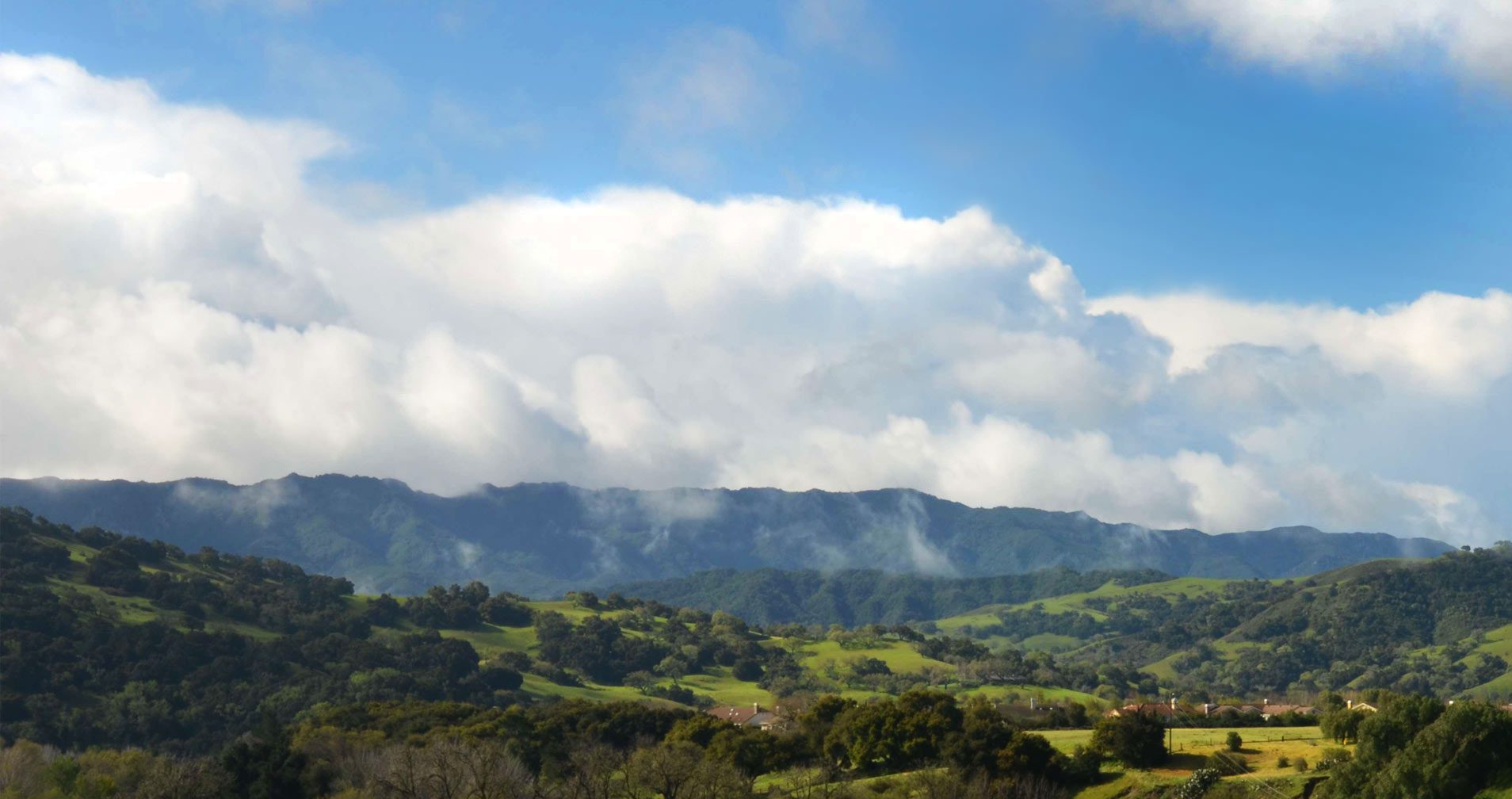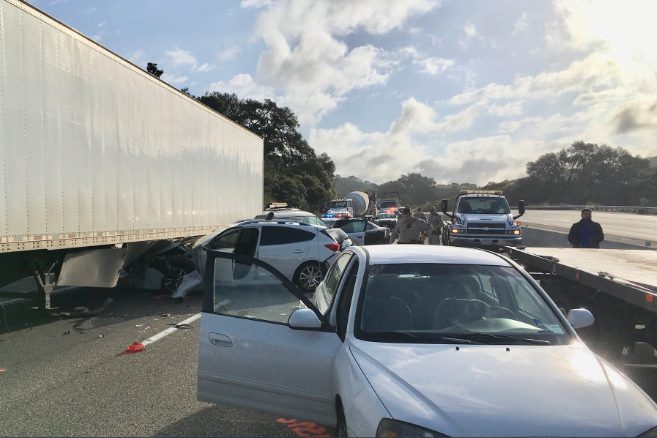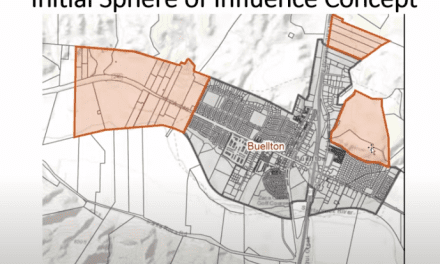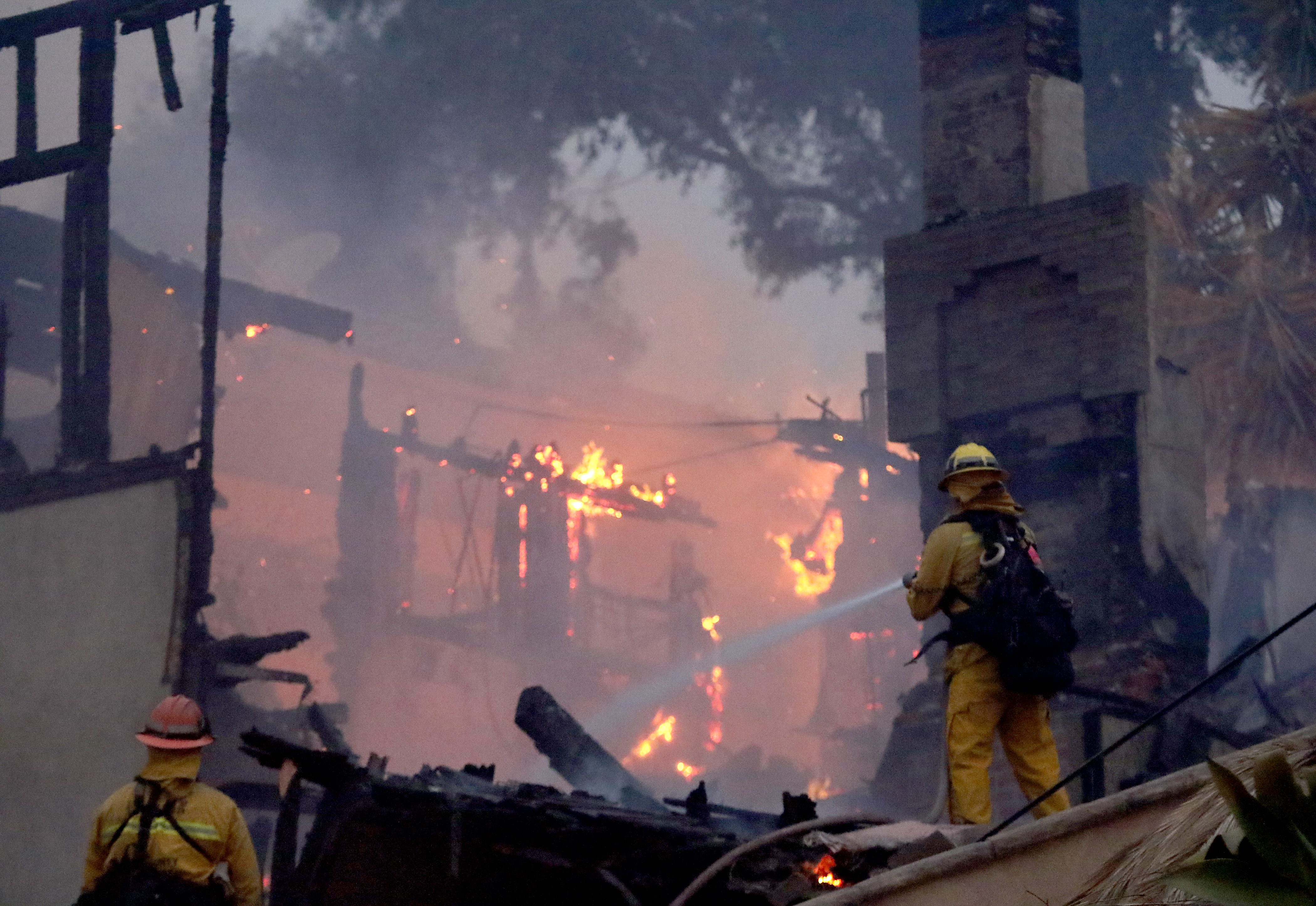Staff Report
The U.S. House of Representatives has passed H.R. 1491, the Santa Ynez Band of Chumash Indians Land Affirmation Act of 2017, to send the bill to the U.S. Senate.
The legislation, which passed the House on Nov. 28, ratifies the decision made by the Secretary of the Interior on Jan. 19, 2017, to place approximately 1,400 acres of land, known locally as Camp 4, into trust for the benefit of the tribe.
The bill, which is sponsored by Rep. Doug LaMalfa (R-Calif.), was passed among legislation considered under suspension of the rules, a procedure that is used to pass noncontroversial bills through the House of Representatives. It now moves to the U.S. Senate for approval.
“Camp 4 is about tribal housing on tribal land, it’s about preserving our Chumash culture, and it’s about bringing tribal members home,” said Tribal Chairman Kenneth Kahn. “We are pleased that H.R. 1491 continues to move forward and we look forward to the day that it becomes law.”
H.R. 1491 was introduced March 14 by LaMalfa, who represents the California congressional district near Chico and chairs the House Subcommittee on Indian, Insular and Alaska Native Affairs. It unanimously passed the House Natural Resources Committee on July 25, which allowed the bill to be considered by a floor vote of the entire House of Representatives.
LaMalfa has submitted three bills over the last several years to allow Camp 4 to be taken into trust, which means it would become part of the tribe’s sovereign reservation. The first two were rejected.
Since buying the property in 2010, the Chumash tribe has sought to place the land in trust with plans to build housing there for tribal members. In December 2014, the Pacific Region Director for the Bureau of Indian Affairs approved an application by the tribe to accept title to the Camp 4 property in trust. The Santa Ynez Valley Concerned Citizens filed a federal lawsuit on Nov. 1 challenging that action.
The suit, brought by SYVCC and three homeowners who live adjacent to the trust property, alleges that the analysis of the environmental, land‐use, economic and other impacts as required by federal law was wholly inadequate and insufficient upon which to base the federal decision to take Camp 4 into trust. Instead of requiring a more comprehensive Environmental Impact Statement, the Bureau of Indian Affairs relied instead on a more limited Environmental Analysis.
The bill was aided by a recent amendment that proclaimed a signed memorandum of agreement between the Santa Ynez Band of Chumash Indians and the County of Santa Barbara regarding the Camp 4 land. The tribe’s membership approved the agreement and the county Board of Supervisors followed suit with a 4-1 vote on Oct. 31. As part of the agreement, Santa Barbara County pledged to support H.R. 1491 and drop its federal lawsuit.
The agreement between the tribe and the county allows for 143 one-acre residential lots developed on 194 acres, with 869 acres of open space and 206 acres of agriculture. The agreement also allows the tribe to build a tribal hall on the land, holding up to 100 events annually.
U.S. Rep. Salud Carbajal, a Democrat from Santa Barbara and a former county Supervisor, submitted a statement of support into the official record prior to the vote on H.R. 1491.
“I believe that the locally negotiated agreement concerning Camp 4 between the Tribe and the County, which is incorporated in the amended version of H.R. 1491, is in the best interest of my constituents, and is an important step toward establishing a long-term collaborative relationship between all the parties involved,” Carbajal said.
The Santa Ynez Band of Chumash Indians owns and operates the Chumash Casino Resort on its reservation on Highway 246 in Santa Ynez. It also owns Hotel Corque, Root 246 restaurant and the Hadsten House hotel in Solvang, two gas stations in Santa Ynez, and other property around the valley.






